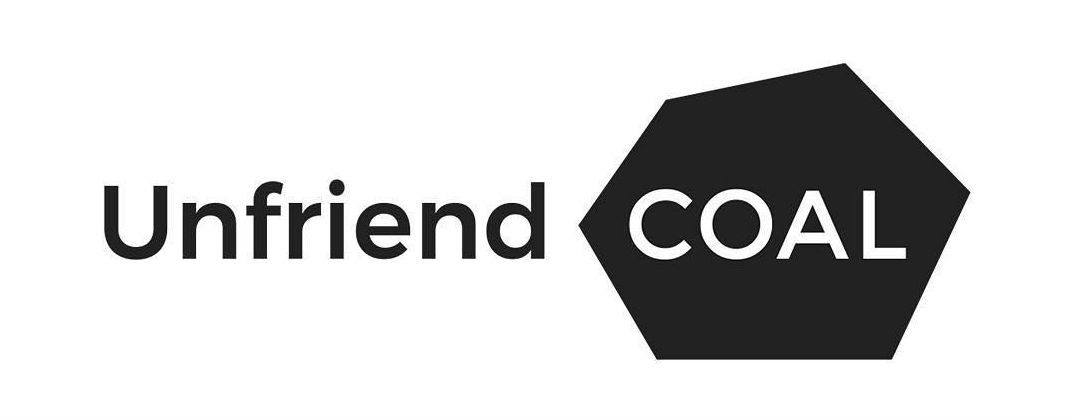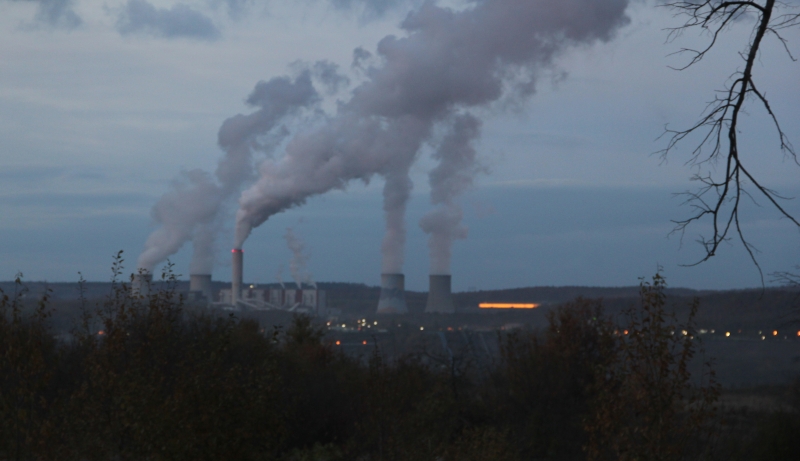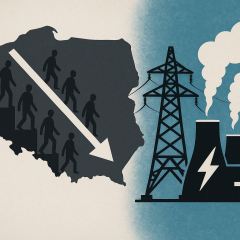Hannover Re, world’s third-largest reinsurer, latest to restrict investment
Close to half the global reinsurance market has now divested from coal after Hannover Re informed the Unfriend Coal campaign and Urgewald that it has adopted an exclusion policy. Hannover Re has set a tight threshold, divesting from companies which depend on coal for more than 25% of their revenues. However, it will continue to insure coal power plants, arguing that it is the sovereign decision of governments whether or not to build such projects.
Hannover Re’s divestment from coal is a welcome first step. The company’s 25% threshold for defining coal companies is stricter than the definition of its peers, even though it misses out additional exclusion criteria such as the development of new coal projects. It is, however, disappointing that Hannover Re is still hiding behind others when it comes to insuring coal projects, rather than taking responsibility for the climate impacts of its own underwriting decisions.” Regine Richter, finance campaigner at Urgewald
„Hannover Re moving away from coal investments reflects the current trend in the industry. Both Polish utilites and insurance companies should rethink their engagement with coal because limited insurance and reinsurance options will leave them with ever increasing risks and costs. And this applies to PZU more than to any other Polish insurer, since the company provides coverage for most of domestic coal sector and enjoys reinsurance from Hannover Re.” Jan Chudzyński, insurance and finance campaigner at Fundacja „Rozwój TAK – Odkrywki NIE” (Foundation DY-OPMN)
With close to half the global reinsurance market divesting from coal, the world’s ultimate underwriters of risk clearly see no future for a fuel which is the biggest single source of carbon emissions. This sends a strong message to the governments, investors and financiers that decide on the future of the global energy sector. Companies like Hannover Re and Munich Re, the world’s biggest reinsurer, must now stop insuring the coal projects they will no longer invest in. AXA, Allianz, SCOR and Zurich have ceased or limited underwriting new coal projects and Swiss Re, the world’s second biggest reinsurer, has announced plans to introduce a similar policy this year.” Peter Bosshard, coordinator of the Unfriend Coal campaign
According to information received from Hannover Re, the reinsurer actively excludes companies from its investment portfolio that derive more than 25% of annual revenues from thermal coal extraction and power generation. The reinsurer currently has $63.6 billion in assets under management.
Hannover Re informed the Unfriend Coal campaign that it would “welcome a shift in the energy mix towards alternative energy sources” but would continue to reinsure “the generation of energy from fossil energy resources”. The company argued that it was “not our place, as a private company, to act contrary to the decisions of sovereign nations”.
Hannover Re was the world’s third-largest reinsurer in 2016, with a 6.7% share of all premiums. The companies which have divested some or all of their assets from coal, including Swiss Re, Munich Re, Hannover Re, SCOR, Lloyd’s, Generali and the Markel Corporation, controlled 45% of the $257.5 billion global reinsurance premiums in 2016.[1]
Seventeen insurers have now adopted divestment policies for assets of more than $6 trillion and have withdrawn an estimated $30 billion from the coal sector. Four – Allianz, AXA, SCOR and Zurich – have also decided to limit or stop underwriting coal projects, and Swiss Re has announced that it will prepare such a policy by mid-2018.
This arcticle is based on a piece originally published by Unfriend Coal.
 Fundacja "RT-ON" jest częścią koalicji międzynarodowych organizacji pozarządowych pod nazwą Unfriend Coal. Wzywa ona wszystkich ubezpieczycieli do wycofania się z udzielania ochrony ubezpieczeniowej zarówno nowym, jak i istniejącym elektrowniom węglowym, kopalniom oraz powiązanym z nimi projektom infrastrukturalnym. Na ubezpieczycielach spoczywa bowiem wyjątkowa odpowiedzialność za powodzenie transformacji ku gospodarce niskoemisyjnej. Rezygnując z ubezpieczania i inwestowania w projekty węglowe, mogą poprawić zdrowie publiczne, wydłużyć życie tysięcy ludzi oraz znacząco wesprzeć dążenia do osiągnięcia wypracowanych podczas Szczytu Klimatycznego w Paryżu międzynarodowych celów emisyjnych i walkę z niebezpiecznymi zmianami klimatu.
Fundacja "RT-ON" jest częścią koalicji międzynarodowych organizacji pozarządowych pod nazwą Unfriend Coal. Wzywa ona wszystkich ubezpieczycieli do wycofania się z udzielania ochrony ubezpieczeniowej zarówno nowym, jak i istniejącym elektrowniom węglowym, kopalniom oraz powiązanym z nimi projektom infrastrukturalnym. Na ubezpieczycielach spoczywa bowiem wyjątkowa odpowiedzialność za powodzenie transformacji ku gospodarce niskoemisyjnej. Rezygnując z ubezpieczania i inwestowania w projekty węglowe, mogą poprawić zdrowie publiczne, wydłużyć życie tysięcy ludzi oraz znacząco wesprzeć dążenia do osiągnięcia wypracowanych podczas Szczytu Klimatycznego w Paryżu międzynarodowych celów emisyjnych i walkę z niebezpiecznymi zmianami klimatu.








